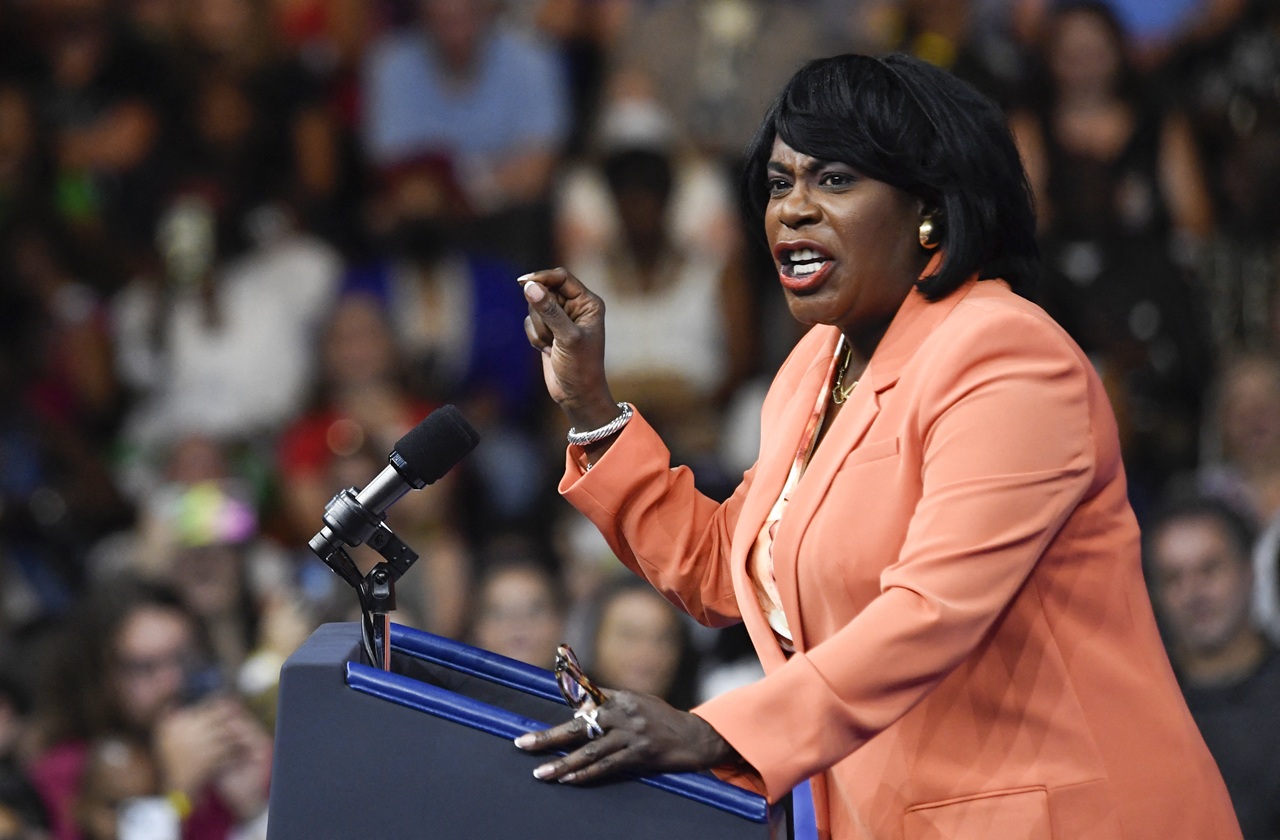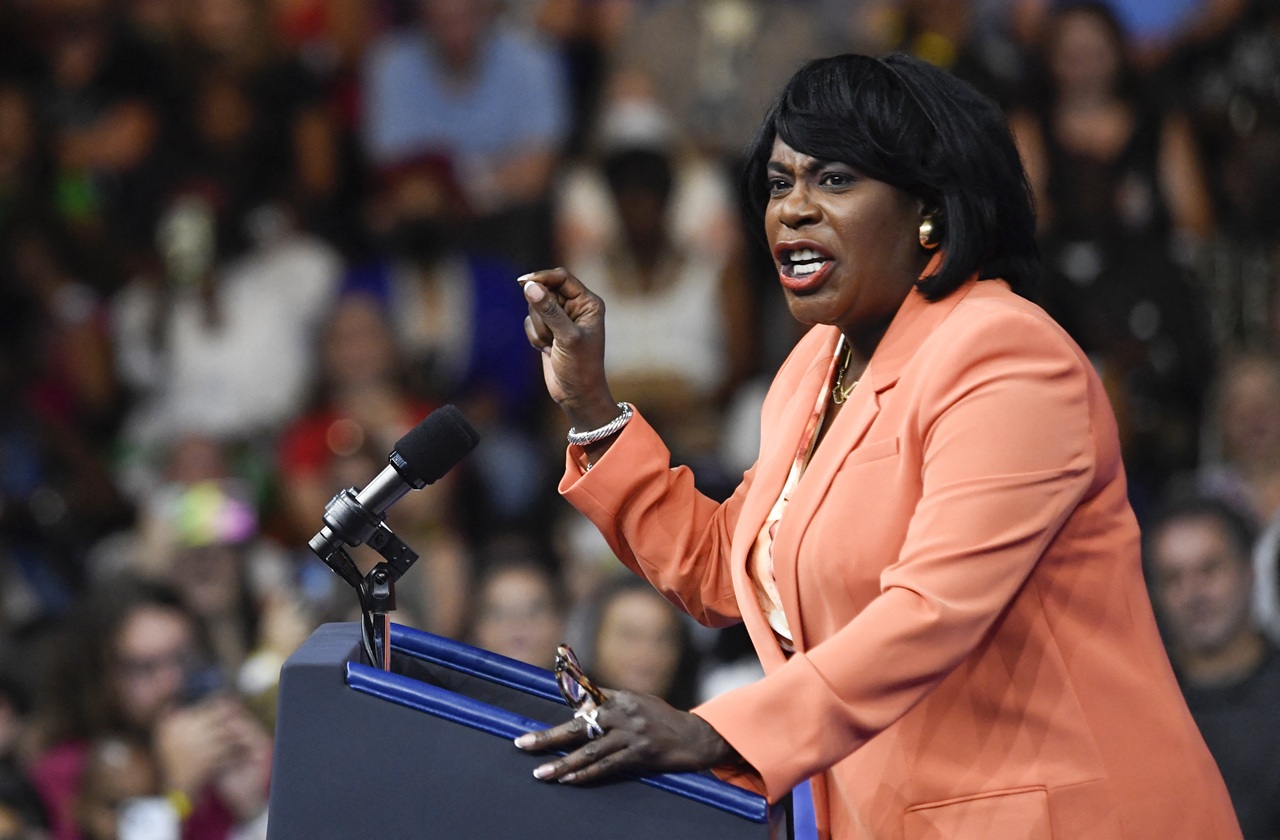Latino advocacy groups across Pennsylvania and U.S. urge voters in last midterm stretch
Efforts to rally Philadelphia’s Hispanic population heighten as the election deadline closes in.
Boricua Restaurant 2, a Puerto Rican eatery tucked away in the easternmost pocket of Kensington, Philadelphia, welcomed signature dishes with a side of political advocacy on Friday, Oct. 4, with hopes of galvanizing Pennsylvania’s Latino electorate ahead of the Nov. 8 elections.
In the room were executive directors from big-name Latino organizations in Philadelphia and beyond, including National Puerto Rican Agenda, Boricua Vota, Hispanic Federation, and Taller Puertorriqueño.
The hope was to galvanize registered voters through speeches that delivered reminders of the importance of Latino presence in the political sphere, a subject long-discussed this year as the population increases in numbers across several counties of the Commonwealth.
This year alone, populations in counties like York, Bucks, and Reading have seen marked changes in the number of diverse populations that occupy neighborhoods and participate in local elections.
In some counties, Latina nominees unseated other Democratic candidates, shifting the arena for voters.
But despite the shift in Pennsylvania’s electorate, candidates struggle with conversion for unregistered voters. Although 2020 was a strong year for turnout, only 4% of the Hispanic population’s eligible voter registry went to a poll site, according to statistics gathered by Univisión.
Rafael Collazo, Executive Director at UnidosUS, attributes one of the contributing factors to political outreach, a significant deterrent that follows many a candidate during the midterms. Data compiled by UnidosUS found that while folks are engaged in conversations on policy, many of them don’t hear from candidates at all.
“Many of the Latinos that are not telling us that they’re likely voting this cycle are also telling us that there’s been no candidate, there’s been no party, there’s been no information telling them about their candidacy,” Collazo told AL DÍA in a previous interview.
Other advocates, like Jimmy Torres, President of Boricua Vota, say the ineffective nature of political outreach plays a role.
“In order for people to understand the message, the message has to be tailored to that particular community,” Torres said. “Do you have a consultant that hears radio stations in Spanish, that reads the local paper, that goes to the same supermarket that other people go?”
To curb the outreach gap, independent political groups and PACs have moved millions into advertising tailored in Spanish, specifically for areas with large concentrations of Hispanic groups.
“I think [there are] multiple layers,” noted Miguel Concepción, President of the National Puerto Rican Agenda.
“When people talk about the Latino vote, they don’t normally take into consideration that [there are] two sets of Latinos,” added Concepción, who drew a distinction between Puerto Ricans who are born into the U.S. apparatus because of its Commonwealth status, and immigrant communities who undergo a naturalization process.
Naturalized citizens participate in the country’s civic requirements, offering a different political agenda, whereas Puerto Ricans — despite the fact that they are born into citizenship, are often exclusively linked to Puerto Rican politics.
These relationships are not inextricably linked and result in very different political make-up. But Concepción underlines a deeper problem that has enmeshed itself into political bids.
“When it comes to campaigning, the other problem we have is they don’t visit us. They don’t knock [on] our doors. I lived in a primarily Latino community here in Philadelphia. I have not seen not one candidate in my community. Why don’t you want to invest?” said Concepción.
“Don't wait until the last two weeks to start dropping money here and there to start buying in the vote. Our communities have the same issues that all mainstream communities have, plus the added issue of immigration.”
RELATED CONTENT
Many of the findings by Latino-led research support Concepción’s view. Atop the pyramid of concerns for Latinos, inflation, crime, and abortion have steadily maintained themselves over the course of the midterm race.
And similarly to mainstream Democratic groups, many Latinos are concerned with claims leveled by the GOP’s extremist candidates. Talks of election fraud and white nationalism, for example, are deal breakers.
Compounded with a barrage of misinformation that plagues commercial and online platforms, community leaders and advocates lead continued efforts to assuage the Latino votes in the hopes that the chaotic nature of election season won’t deter constituents.
Concepción believes voter temperature has shifted for Latino voters.
“We have always talked about the sleeping giant, and I think the giant is waking up. But I think we still have a long way to go.”
Nasheli Juliana, executive director at Taller Puertorriqueño, uses her vote as a form of protest and hopes her community will do the same.
“It’s another form of protest,” said Juliana.
For Juliana, protesting is educating fellow Latinos.
“We’ve been trying to educate the community on how to vote, how to register, and that’s our role as a community-first organization. That they have access to the different vehicles and scenarios to demonstrate what they want for their future.”
“Communities are tired of empty promises.”











LEAVE A COMMENT: